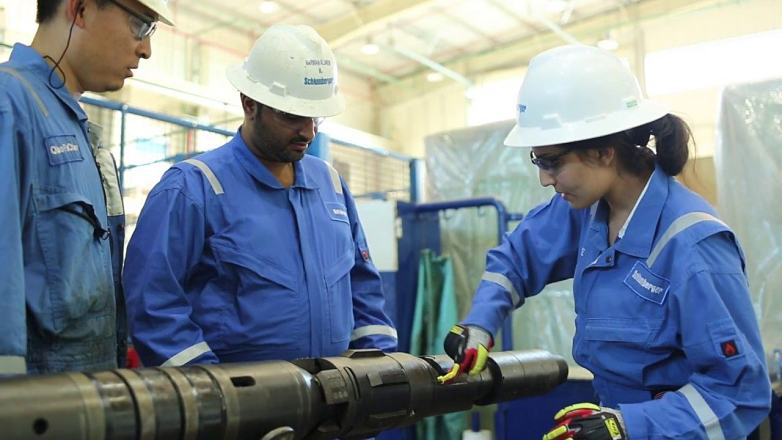Top 9 Highest Paying Jobs In Canada: Working in Canada is the Canadian government high-level pages which would be of interest to both employees and employers.
Below are the points which help to access information about government services for recruiting personnel and advertising jobs which are used by the both of these categories of Canadians, as well as to the information about the many statistics, career prospects, grants, services, regulations, laws, etc which relates to the employment in Canada.
Below are the top 9 highest paying jobs In Canada:
Financial Analysts – (Average Salary: $58,000)
Hydropower Experts – (Average Salary: $60,000)
Logistic Workers / Managers – (Average Salary: $64,000)
Engineers – (Average Salary: $65,000)
Information Security Analysts – (Average Salary: $66,000)
Registered Nurses – (Average Salary: $66,000)
Miners / Oil & Gas Drillers – (Average Salary: $69,000)
Lawyers – (Average Salary: $76,000)
Dentists – (Average Salary: $104,000)
1. Financial Analysts: CFA i.e The Chartered Financial Analyst Program is a professional credential that is being offered internationally by the America-based CFA Institute to financial and investment professionals. This program covers a huge range of topics which are related to the bonds and derivatives, stocks, financial analysis, investment management, and too offers a generalist knowledge of different areas of finance.

2. Hydropower Experts: Canada is the second largest producer of hydroelectricity in the world after China. In the year 2014, Canada consumed around 9.8% of worldwide hydroelectric consumption, 85.7 megatonnes of oil of hydroelectricity. Also, hydroelectricity accounted for 25.7% of the total energy consumption in Canada. There is a number of Hydropower Experts that help in generating hydroelectricity.

3. Logistic Workers / Managers: Generally, Logistics is the implementation of a complex operation and detailed organization. In a business sense, logistics is the management of the flow of the things between the point of consumption and the point of origin in order to meet the requirements of corporations or customers. The resources in logistics include physical items like liquids, equipment, animals, materials, food, as well as intangible items, like information and time. Logistics of physical items involves the integration of warehousing, transportation, inventory, packaging, production, materials handling, information flow, and often security.

4. Engineers: Engineers are the people who invent, systems, test machines, build, design, analyze, structures and materials to fulfil the requirements and objectives while considering limitations imposed by cost, safety, regulation and practicality. The word engineer has been derived from the Latin words ingenium and ingenious.

5. Information Security Analysts: Information security is the practice of recording or destruction of information, inspection, modification, disruption, disclosure, use and preventing unauthorized access. It is a term which can be used as regardless of the form of data that may take (e.g., physical, electronic). The primary focus of Information security is the balanced protection of the availability, integrity and confidentiality of data while maintaining focus on the efficient policy implementation.

6. Registered Nurses: Nurses in Canada is one of the most required fields in Canada. Nurses in Canada earn a huge amount of bugs taking care of elders and children. Nursing education is all based on research so that the reason that nurses understand the loophole very quickly.

7. Miners / Oil & Gas Drillers: Major industry in Canada is the Petroleum production and plays an important role in the economy of North America. Canada is the world’s fourth-largest oil exporter and fifth largest oil producer and has the third largest oil reserves in the world and. In the year 2015, Oiling industry produced an average of around 621,610 cubic metres/day of crude oil.

8. Lawyers: A lawyer is a person who practices law, as a solicitor, counsellor at law, counsellor, counsellor, counsel, bar-at-law, barrister-at-law, barrister, attorney at law, attorney, advocate or but not as a charter executive secretary or a paralegal. Working as a lawyer involves a practical application of abstract legal knowledge and theories to solve some individualized problems.

9. Dentists: Practice of dentistry in Canada is overseen by NDEN i.e the National Dental Examining Board of Canada in the conjunction with other agencies, like the Royal College of Dentists of Canada and the Commission on Dental Accreditation of Canada. In the year 2013, according to the Canadian Dental Association, there were 21,109 dentists in Canada.

Know the top 10 High Demand Jobs in Canada.












